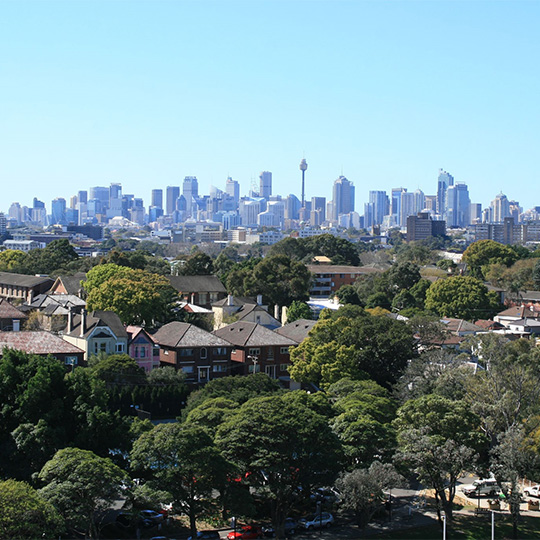Gold Coast City Council is under investigation for a ‘catastrophic failure’ of its systems following a significant sewage spill from a council pipe at Yatala.
More than 350 million litres of sewage is believed to have spilled into the Albert River between 12 January and 12 April 2024.
Regulators from the Department of Environment, Science and Innovation will examine the extent of environmental harm caused by council, the timeliness of their notification of the health risks, and council’s culpability in the management of their sewage collection network.
Officers will assess the council’s sewage network infrastructure maintenance and management program to determine whether council is adequately managing and maintaining its ageing assets.
This could result in enforcement action against the council, including a statutory notice and prosecution.
The environmental regulator commenced its investigation upon being notified on 9 April 2024. On 12 April 2024, council advised DESI the spill was far greater than originally reported and may have occurred continually for far longer than first reported and at a volume of between 3-5ML each day.
Councils must have sophisticated systems in place to detect and correct sewage leaks and DESI is investigating how these systems failed.
DESI undertakes routine water quality monitoring in the Albert River eight times a year on behalf of Healthy Land and Water under the Ecosystem Health Monitoring Program (EHMP).
This program monitors a standard suite of water quality indicators for ecological assessment that provides limited information on the extent that pollutants are actually impacting on waterway flora and fauna.
This testing underpins the South East Queensland Healthy Waterways Report Card, which builds community awareness of long term waterway conditions, pressures, actions and social benefits. It was never intended to be an alert system for sewage infrastructure failure, which remains the responsibility of council.
Funding for this monitoring program is via DESI, utilities and local governments who manage wastewater treatment services.
Healthy Land and Water regularly share EHMP data received from DESI with Healthy Land and Water network members. However, Gold Coast City Council withdrew funding from this program on 1 July 2020 and instead chose to implement its own water quality monitoring program which does not include the Albert River.
The department will also review the adequacy of this alternate water quality monitoring program following this incident.
Quotes attributable to a spokesperson for the Department of Environment, Science and Innovation:
“The Gold Coast City Council is the polluter in this incident. As such, the council is responsible for ensuring appropriate testing and monitoring of the Albert River and flow-on waterways.
“Council is also responsible for communications to community and industry stakeholders about appropriate recreational and commercial risks in the Abert and Logan Rivers.
“DESI, along with Queensland Health, Safe Food Queensland and the Department of Agriculture and Fisheries have been liaising with the council regularly, encouraging them to test for a broad suite of contaminants and maintain open and accurate communications with stakeholders.”








